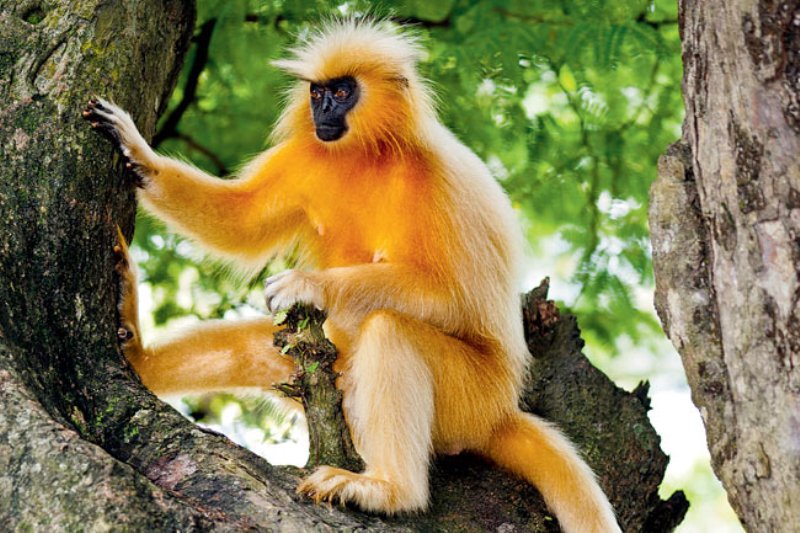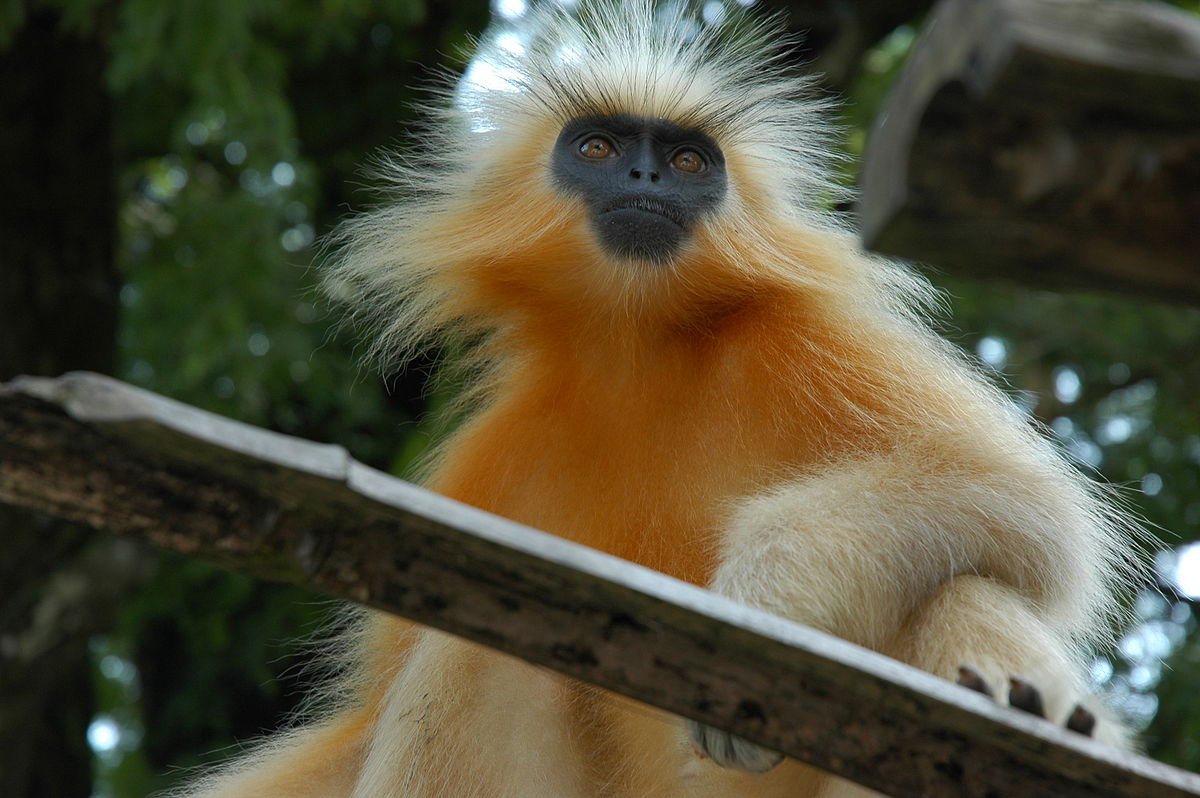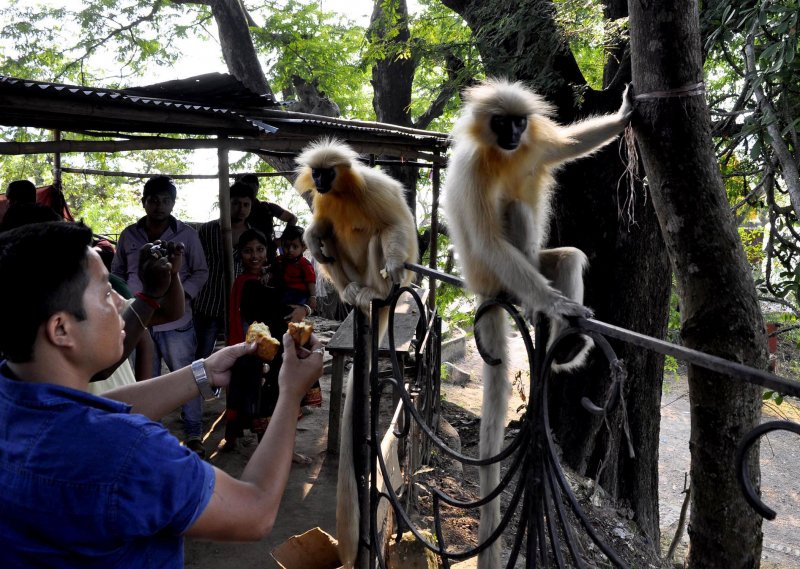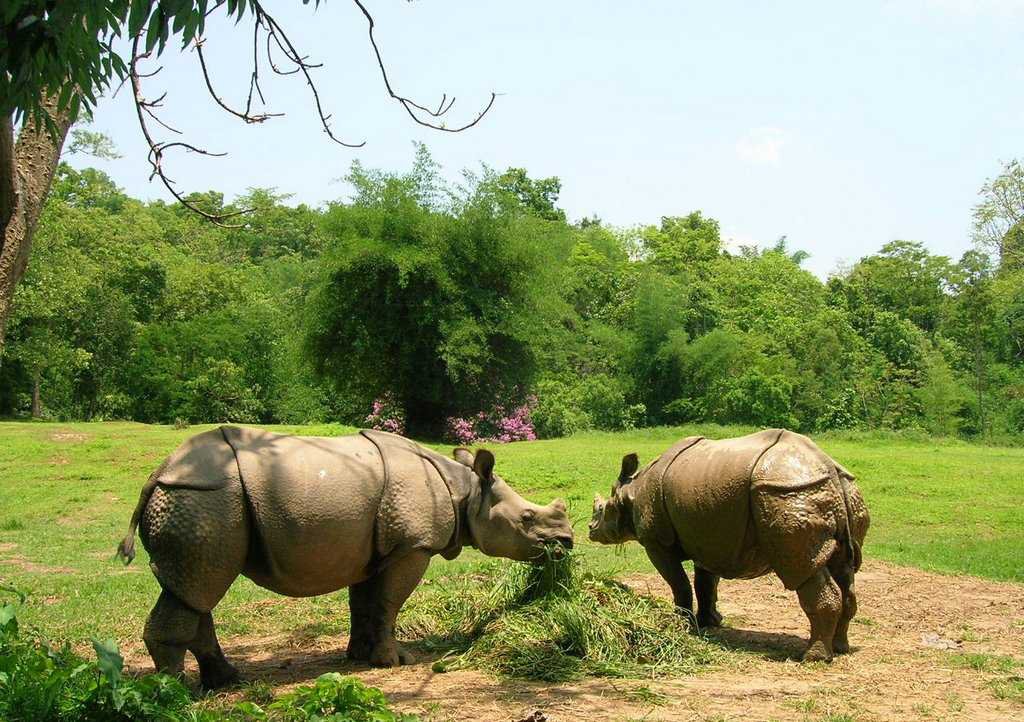While we struggle to maintain a balanced ecosystem due to global issues like rapid industrialization and global warming, a large number of animal species are drawing close to extinction because of our mess.

According to The Telegraph, the exact cause of the langur’s death is still unclear but conversationalists cited loneliness and depression as possible reasons behind his death.
The last surviving golden langur of Umananda island of Assam, died.
— Parveen Kaswan, IFS (@ParveenKaswan) February 26, 2020
Golden langurs are critically-endangered species which is endemic to Bhutan and some parts of western Assam. One of the most endangered primate species of India, more closer to extinction. PC Internet. pic.twitter.com/LnR5I4Juds
The golden langur is a highly endangered species and despite the government initiating several efforts to protect and preserve them, their number has declined rapidly over the years.

Talking about the incident, Devajit Moran, Secretary of a Green Bud NGO, spoke to The Telegraph and said:
The report said Umananda island had been the habitat of most of the golden langurs. They had been residing in the island since several years. However, over the past few years, the number had dropped to one and now there are none. If measures are not be taken for the gibbons of Dibru-Saikhowa National Park, the same situation may prevail here also.

The declining number of golden langurs is one part of the complete problem at the Assam State Zoo.

While there are no golden langurs left in Assam, there are 125 apes near the town of Jorhat and close to 12 gibbons in the nearby villages.

















